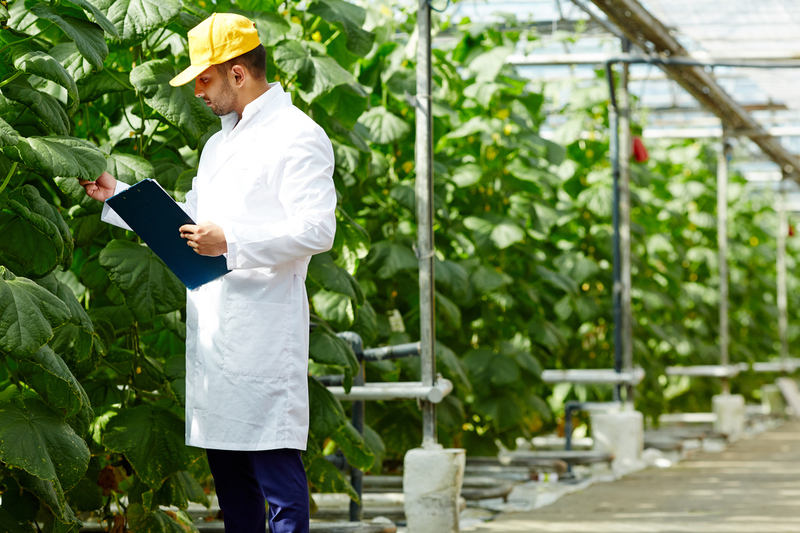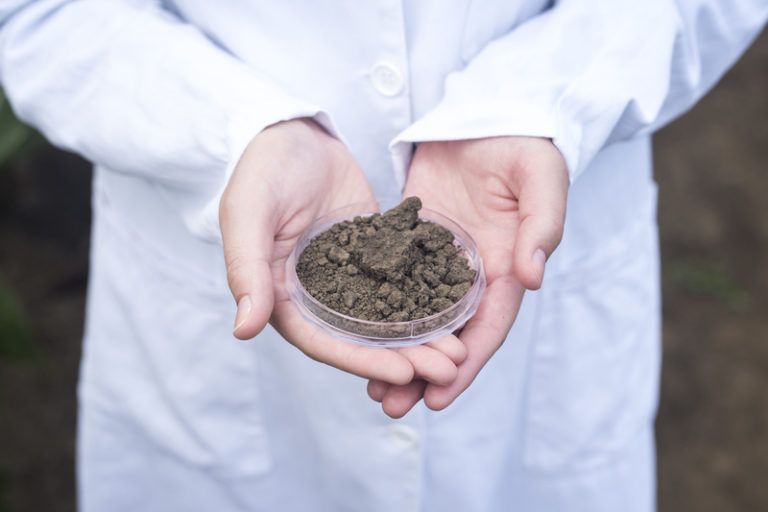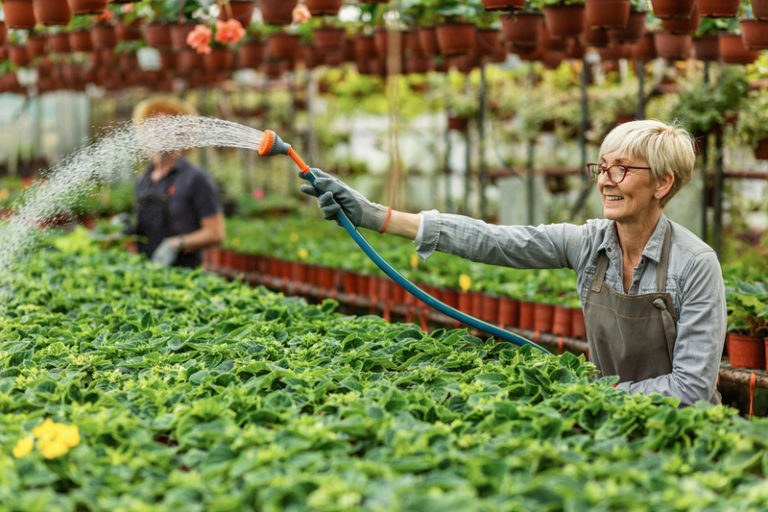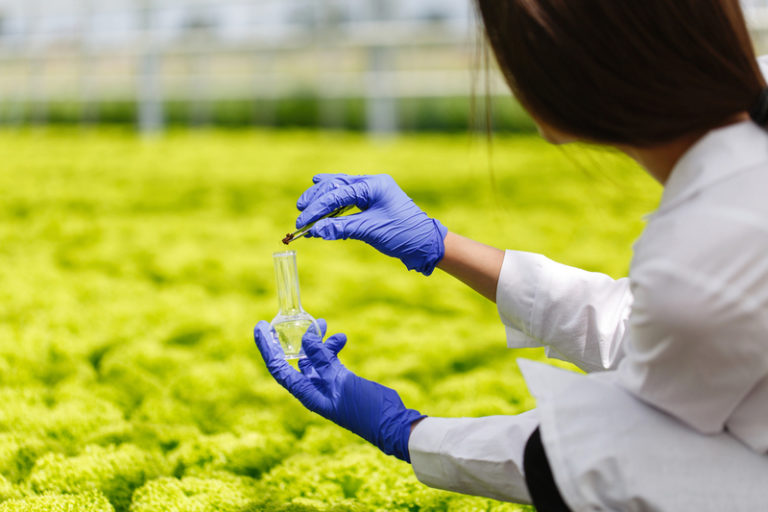Agricultural Engineering: Advancing Sustainable Farming Practices for a Better Future
Agricultural engineering is a branch of engineering that focuses on the design, development, and improvement of agricultural machinery, equipment, and processes.
The field is critical to the agriculture industry, as it helps to develop efficient and sustainable solutions for farmers to increase crop yields and reduce production costs.
In this article, we’ll explore the history, applications, technological advancements, role in sustainable agriculture, career opportunities, and the future of agricultural engineering.
History of Agricultural Engineering:
Agricultural engineering has been around for a very long time. Some of the earliest farm tools were made in ancient Egypt and China. In the history of agricultural engineering, the plow, irrigation systems, and animal-drawn equipment were all important steps forward.
In the 18th and 19th centuries, when the Industrial Revolution was happening, farming technology got a lot better. For example, the seed drill, threshing machine, and mechanical reaper were all invented during this time. These inventions revolutionized farming and allowed for more efficient crop production.
Even more important improvements in agricultural engineering happened in the 20th century. For example, tractors, combines, and other types of mechanized farm equipment were made. These innovations made farming much more efficient and productive, which helped feed the world’s growing population.
In recent decades, technological advancements have further transformed agricultural engineering, with the introduction of precision agriculture and other high-tech solutions.
Today, agricultural engineers are designing and developing cutting-edge technologies such as drones, soil sensors, and GPS systems that enable farmers to manage crops more efficiently, conserve resources, and increase yields.
The history of agricultural engineering has been characterized by a continuous drive to improve farming techniques and technologies. From ancient farming tools to modern innovations, agricultural engineering has played a crucial role in feeding the world’s growing population and advancing sustainable agriculture.
Applications of Agricultural Engineering:
Agricultural engineering plays a critical role in the agriculture industry, with applications ranging from farm machinery and equipment to renewable energy systems. Here are some of the key applications of agricultural engineering in modern farming:
Precision Agriculture:
Precision agriculture involves using advanced technologies, such as drones, GPS systems, and soil sensors, to collect and analyze data about crops, soils, and weather conditions.
This data can then be used to optimize planting, irrigation, fertilization, and other aspects of crop management, leading to higher yields, reduced waste, and more sustainable farming practices.
Farm Equipment and Machinery:
Agricultural engineers design and develop a wide range of farm equipment and machinery, from tractors and combines to irrigation systems and grain storage facilities. These machines help farmers increase productivity and efficiency, reduce labor costs, and improve the quality of their crops.
Renewable Energy:
Agricultural engineers are also involved in developing renewable energy solutions for farming operations. This includes technologies such as solar panels, wind turbines, and bioenergy systems, which can help farmers reduce their reliance on fossil fuels and lower their carbon footprint.
Water Management:
Efficient water management is important for agriculture to be sustainable, and agricultural engineers work on developing technologies and methods to help farmers save water.
This includes systems that collect and store rainwater, drip irrigation systems, and technologies that keep track of how much water is being used.
Food Processing and Storage:
Agricultural engineers also play a key role in the development of food processing and storage technologies. This includes designing and developing equipment for cleaning, sorting, and packaging crops as well as facilities for storing and preserving food products.
Technological Advancements in Agricultural Engineering:
Advancements in technology have transformed the way agricultural engineers approach problem-solving and innovation.
Over the years, agricultural engineering has undergone numerous technological advancements that have revolutionized the way farmers operate. Here are some of the most significant technological innovations in agricultural engineering:
Precision Agriculture:
As mentioned earlier, precision agriculture involves the use of advanced technologies such as drones, GPS systems, and soil sensors to collect and analyze data about crops, soils, and weather conditions.
This data is then used to optimize planting, irrigation, fertilization, and other aspects of crop management, leading to higher yields, reduced waste, and more sustainable farming practices.
Robotics and Automation:
Robotics and automation technologies are rapidly gaining popularity in farming operations, especially for repetitive tasks such as harvesting, pruning, and planting. These technologies can help reduce labor costs, increase efficiency, and improve the overall quality of crops.
Genomics and Biotechnology:
Advances in genomics and biotechnology have led to the development of new crop varieties that are more resistant to pests, diseases, and environmental stresses. This has helped to improve crop yields and reduce the use of harmful chemicals.
Renewable Energy:
Renewable energy technologies such as solar panels, wind turbines, and bioenergy systems are becoming increasingly popular in farming operations. These technologies can help farmers reduce their reliance on fossil fuels, lower their carbon footprint, and save money on energy costs.
Big Data and Analytics:
The collection and analysis of big data is becoming increasingly important in farming operations. By analyzing large amounts of data about crops, soils, and weather conditions, farmers can make more informed decisions about planting, irrigation, and fertilization, leading to higher yields and more sustainable farming practices.
Role of Agricultural Engineering in Sustainable Agriculture:
Agricultural engineering plays a crucial role in sustainable agriculture, which focuses on reducing the environmental impact of agricultural practices while promoting the efficient use of resources.
This includes developing technologies and processes that increase productivity and profitability while enhancing food safety and quality.
Examples of sustainable agricultural engineering practices include precision irrigation systems, renewable energy systems, and soil and crop sensors that help farmers make informed decisions about crop management.
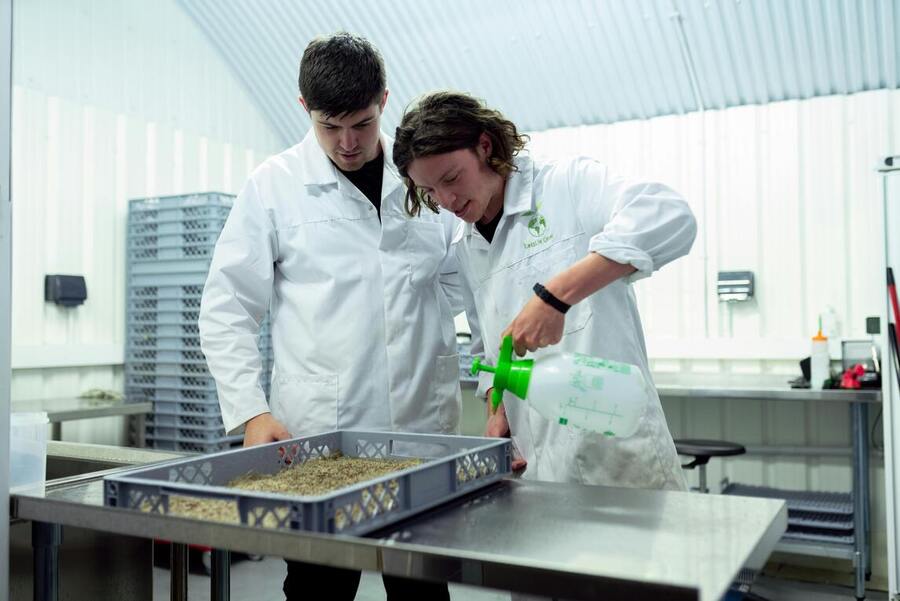
Career Opportunities in Agricultural Engineering
Agricultural engineering offers a range of career opportunities, including roles in research and development, design and manufacturing, sales and marketing, and consulting.
Job prospects and salary potential are generally good, and there is a growing demand for agricultural engineers with expertise in emerging technologies such as precision agriculture and renewable energy systems.
The Future of Agricultural Engineering
The future of agricultural engineering is bright, with continued advancements in technology and the need for more sustainable and efficient agricultural practices.
The field is expected to grow significantly in the coming years, driven by the increasing demand for food production, reduced environmental impact, and the need to adapt to changing weather patterns and other environmental factors.
Agricultural engineering has a crucial role to play in transforming farming for the 21st century and beyond. Here are some of the key trends and innovations that are shaping the future of agricultural engineering:
Digital Agriculture:
Digital agriculture technologies, such as the Internet of Things (IoT), Artificial Intelligence (AI), and Big Data, are transforming the way farmers operate.
Farmers are now able to make decisions regarding planting, irrigation, fertilization, and pest management that are informed by data thanks to the emergence of technology that enable real-time monitoring of crops, conditions of the soil, and weather patterns.
Vertical Farming:
Vertical farming is a type of agriculture that involves growing crops in vertically stacked layers, using artificial lighting, temperature control, and hydroponics systems. This technology can increase crop yields and reduce the need for land, water, and pesticides, making it an attractive option for urban areas with limited space.
Robotics and Automation:
Robotics and automation technologies are becoming increasingly popular in farming operations, particularly for repetitive tasks such as harvesting and planting. These technologies can help reduce labor costs, increase efficiency, and improve the overall quality of crops.
Sustainable Energy:
Renewable energy technologies, such as solar panels and wind turbines, are becoming more affordable and accessible to farmers. These technologies can help farmers reduce their carbon footprint, lower their energy costs, and increase their energy independence.
Biotechnology:
Biotechnology is transforming the way crops are developed, grown, and protected. Advances in biotechnology have led to the development of crops that are more resistant to pests, diseases, and environmental stresses, reducing the need for harmful chemicals and promoting sustainable farming practices.
Conclusion
In conclusion, agricultural engineering is a critical field that plays a vital role in the agriculture industry. With continued advancements in technology and a growing demand for sustainable and efficient solutions, agricultural engineering will continue to be an essential driver of growth and innovation in the agriculture sector.
Those interested in pursuing a career in agricultural engineering can expect a wide range of job opportunities and a rewarding career that contributes to global food security and sustainability.
Also Read:
Agriculture Hats: The Essential Farming Gear for Protection and Comfort

